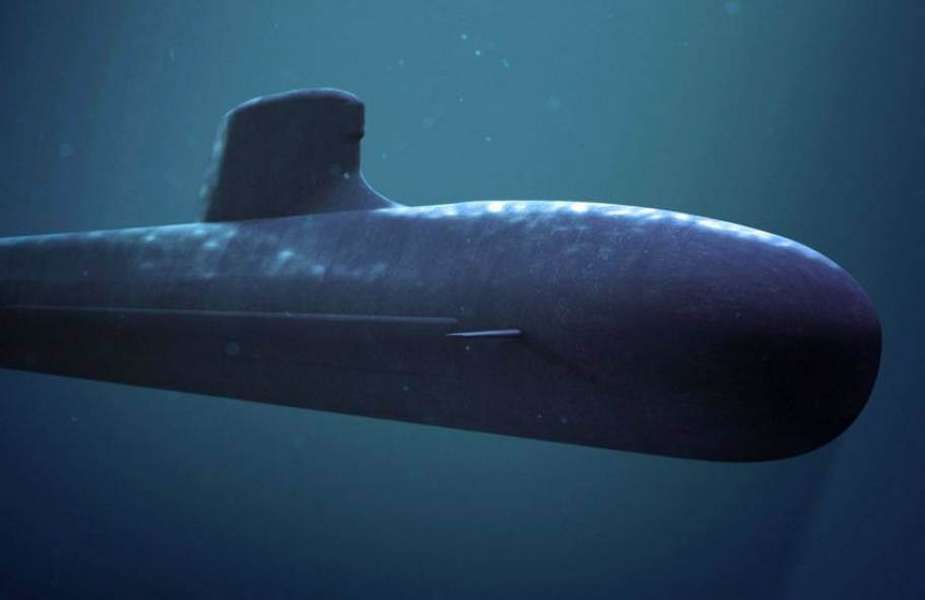The contract for the construction of new Dutch submarines has been provisionally awarded to the French company Naval Group. This announcement follows a meticulous tender process, with State Secretary Christophe van der Maat (Defense) revealing the decision on March 15, 2024, at the Den Helder naval base.
Follow Navy Recognition on Google News at this link
 Artist's impression of the new Dutch submarine. (Picture source: Dutch MoD)
Artist's impression of the new Dutch submarine. (Picture source: Dutch MoD)
Equipped with the latest systems and technologies, the new submarines are set to be worthy successors to the existing Walrus-class submarines. The event, which was attended by the youngest sailor and the youngest officer of the submarine service, also included the unveiling of the names of the new vessels: His Majesty's Orca, Swordfish, Barracuda, and Tiger Shark.
Naval Group's proposal was highlighted for its balanced, versatile, and realistic approach, ensuring the continuation of the Walrus class's legacy. Importantly, the decision supports the Dutch industry, fulfilling a critical condition of the tender process. The construction and maintenance of these submarines not only promise to strengthen the interests of the navy and national security but also benefit Dutch companies and improve the country's technological and industrial base.
These four new submarines represent an enhancement in capabilities, featuring advanced designs and a broad range of improvements. Notably, their ability to launch cruise missiles significantly increases their firepower. Equipped with the latest sensors and communication systems, these vessels excel in intelligence gathering, analysis, and dissemination.
The introduction of modern battery technology extends the underwater endurance of the submarines, allowing for longer missions without having to surface to recharge batteries—a process known as "snorkeling." This makes the submarines quieter and less likely to be detected by the enemy.
Like their Walrus-class predecessors, the new submarines are deployable worldwide, versatile in mission types, and capable of operating in shallow waters thanks to their relatively compact size. Their design for extended, autonomous operations far from the home base is a rare and highly valued feature within NATO.
The preliminary award follows months of detailed tender evaluations by Defense, with the Ministry of Economic Affairs and Climate (EZK) assessing proposals for an industrial cooperation agreement aimed at strengthening the Dutch Technological and Industrial Base. A memorandum of understanding between the Dutch government and France is also being prepared, covering usage rights, information security, and knowledge exchange.
Naval Group is expected to deliver the first two new submarines within ten years of signing the contract, while measures are in place to ensure the safe operation of the current Walrus-class submarines until the mid-2030s. This transitional strategy includes the gradual decommissioning of two vessels to maintain a reserve of spare parts for the remaining fleet, which will require increasing maintenance as they age.



